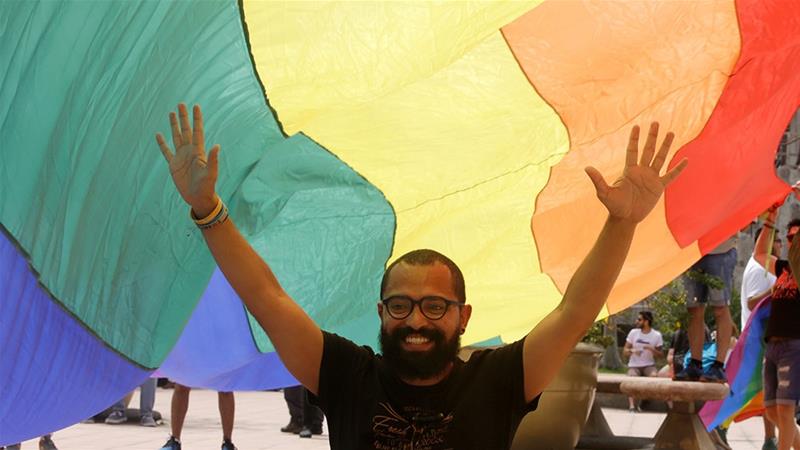Vampires, Viruses, and Verbalisation: Bram Stoker’s Dracula as a genealogical window into fin-de-siècle science
40 Pages
It’s possible that I shall make an ass of myself. But in that case one can always get out of it with a little dialectic. I have, of course, so worded my proposition as to be right either way (K.Marx, Letter to F.Engels on the Indian Mutiny)
 This paper analyses Bram Stoker’s classic Dracula as a literary document which reflects important scientific and technological developments of the fin-the-siècle era, ranging from blood transfusion and virology via psychotherapy and psychoanalysis up to brain research and communication technology. These developments not only herald a new style of scientific thinking, but also foreshadow a number of developments still relevant for contemporary culture. In other words, I read Dracula as a window into biomedical and bio-political challenges surfacing in the 1890s, but evolving into major research areas. Rather than seeing science and literature as separate cultures, moreover, Dracula as a case study reveals how techno-scientific and literary developments mutually challenge and mirror one another, so that we may use Stoker’s novel to deepen our understanding of contemporary science-related developments and vice versa. Dracula provides a window into fin-de-siècle research practices, collating various disciplines (haematology, virology, psychotherapy, neurology) into a genealogic Gesamtbild. Thus, Stoker’s novel elucidates the techno-scientific and socio-cultural constellation into which psychoanalysis was born. The common epistemic profile of this maieutic backdrop, I will argue, is that both psychoanalysis and Dracula reflect a triumph of the symbolic over the imaginary as a techno-scientific strategy for coming to terms with the threatening real.
This paper analyses Bram Stoker’s classic Dracula as a literary document which reflects important scientific and technological developments of the fin-the-siècle era, ranging from blood transfusion and virology via psychotherapy and psychoanalysis up to brain research and communication technology. These developments not only herald a new style of scientific thinking, but also foreshadow a number of developments still relevant for contemporary culture. In other words, I read Dracula as a window into biomedical and bio-political challenges surfacing in the 1890s, but evolving into major research areas. Rather than seeing science and literature as separate cultures, moreover, Dracula as a case study reveals how techno-scientific and literary developments mutually challenge and mirror one another, so that we may use Stoker’s novel to deepen our understanding of contemporary science-related developments and vice versa. Dracula provides a window into fin-de-siècle research practices, collating various disciplines (haematology, virology, psychotherapy, neurology) into a genealogic Gesamtbild. Thus, Stoker’s novel elucidates the techno-scientific and socio-cultural constellation into which psychoanalysis was born. The common epistemic profile of this maieutic backdrop, I will argue, is that both psychoanalysis and Dracula reflect a triumph of the symbolic over the imaginary as a techno-scientific strategy for coming to terms with the threatening real.











